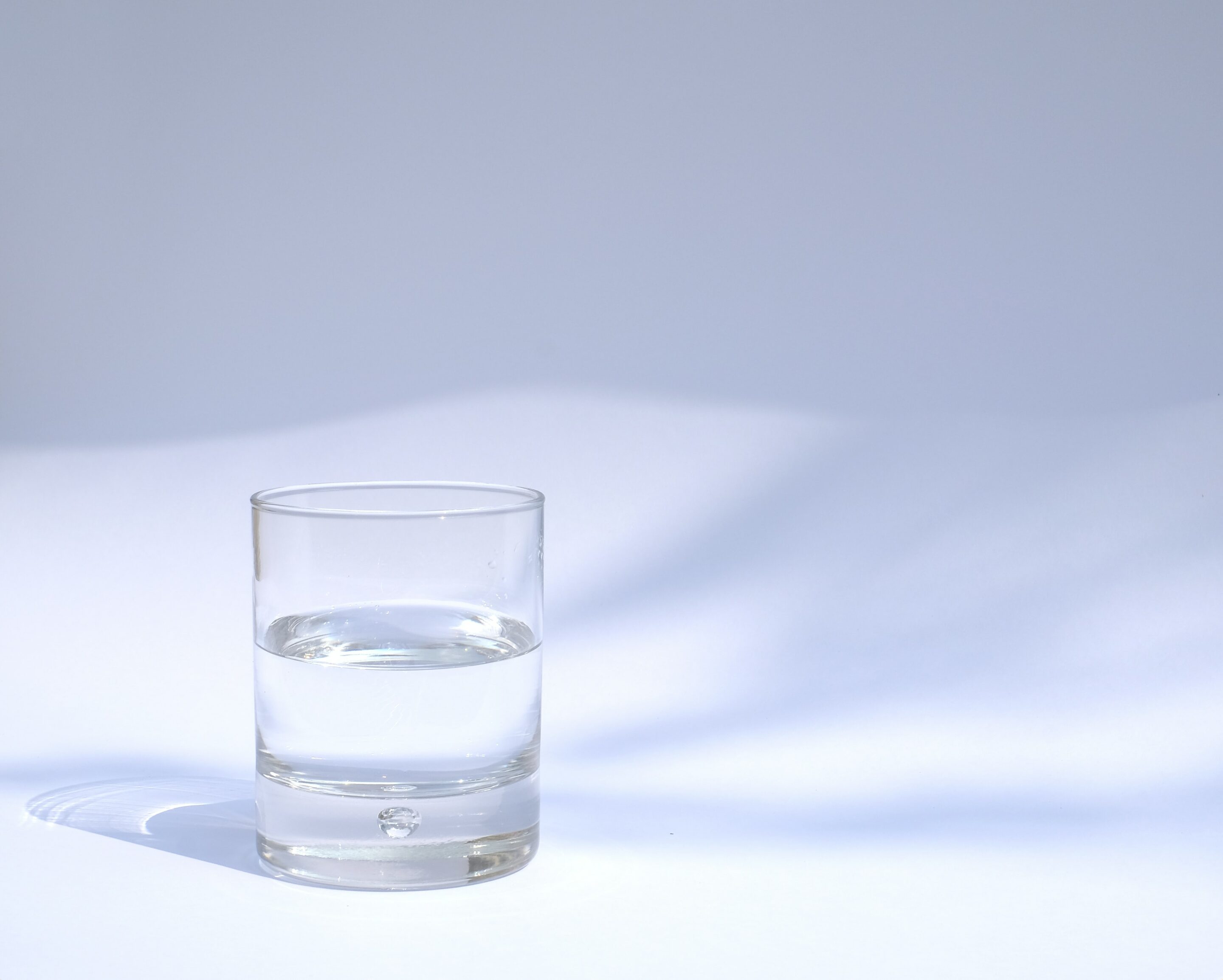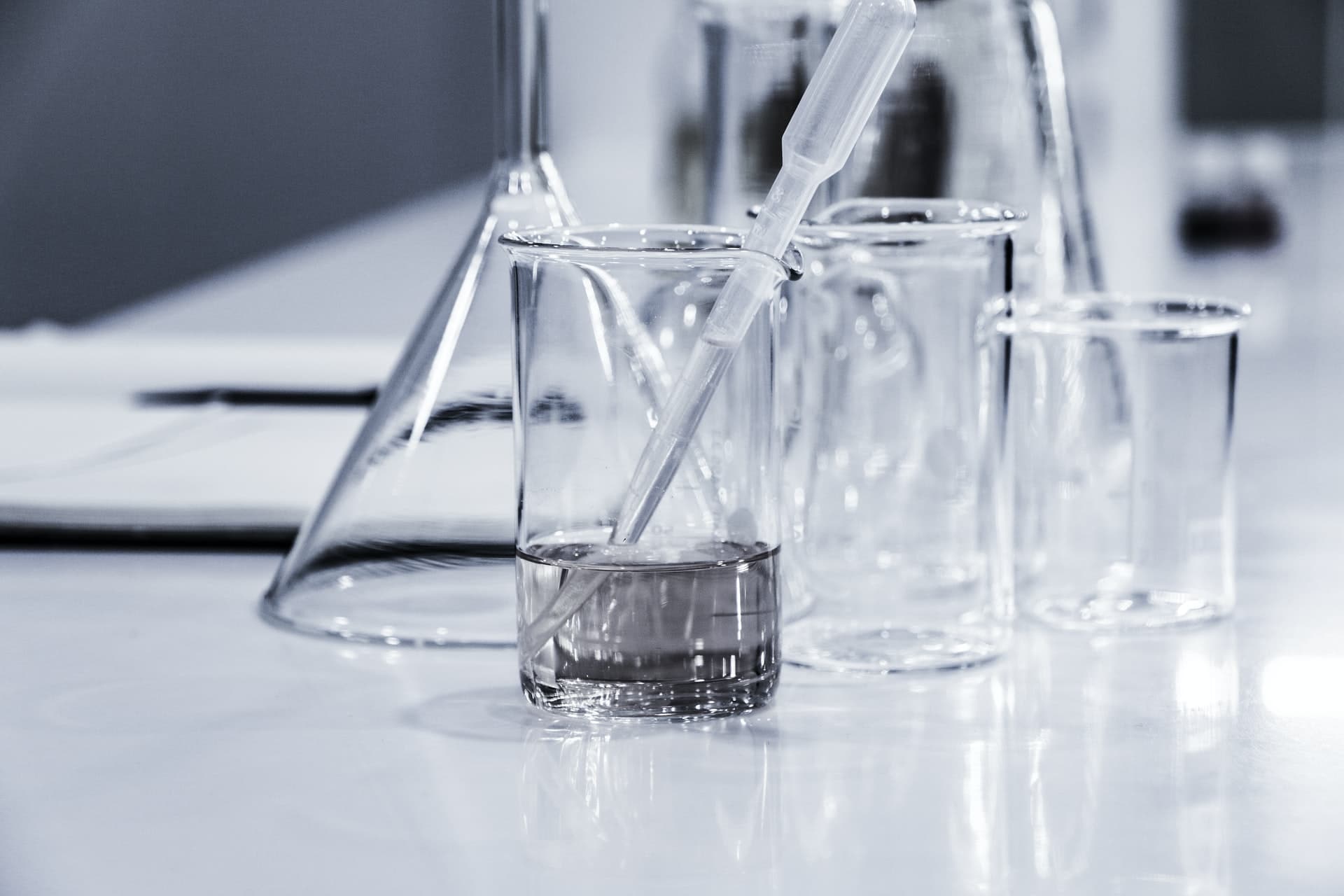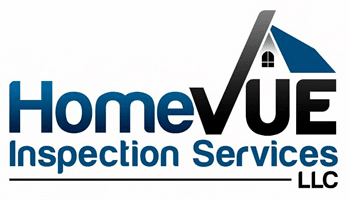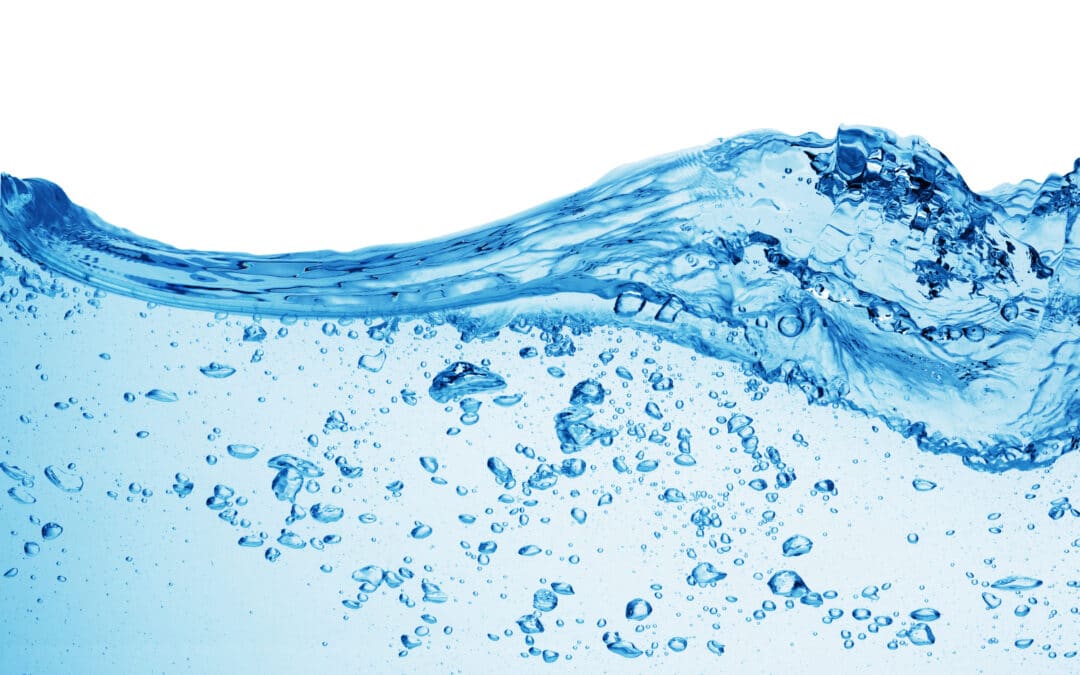Water is an essential element of life and the quality of the water you drink can affect your health and the health of your family. So, understanding the need for testing and the quality of your water is important.
What is the Impact of Poor Water Quality?
A variety of problems can result from poor water quality. The most serious is contamination from bacteria, viruses and protozoans called cysts. These all can result in illness and health-related issues. Of a lesser concern but still important are problems with taste, color, and minerals that have made their way into the water supply. Usually, these can be a sign of water quality problems.

Where Does My Water Come From?
Usually, there are 2 sources of water that is supplied to our homes. The first is a public water system. Most of us receive our water from a public water system. The second is from a private water supply or most frequently called a well system.
Public water systems including community wells systems that service 25 or more homes must conduct routine testing and meet the minimum guidelines for water purity and quality set forth by the Federal law. Private well systems are not regulated and therefore pose a higher risk to their users for contamination and water quality issues.
Do I need to test if my water comes from a Public System?
While public water providers are required to test the water and most major municipalities treat their water, we still recommend you periodically test the water that exits from your tap. Why? Public water supplies are treated and tested at the processing and distribution facility and then the water is sent on its way to your home through a labyrinth of pipes, pumps, and storage tanks. The truth is anything can happen between the point of distribution and your kitchen tap. Cracked and broken pipes can allow ground water and other contaminants to enter, pipes installed many decades ago can be deteriorated or contain hazardous materials used in their manufacture. Faulty valves and illegal connections can result in cross contamination between waste and fresh water. Chemicals added to treat the water can react with other elements and produce carcinogens. Finally, when the water reaches your home it must pass through the piping in your home. Depending on the age of your home, lead-based materials may have been used in the plumbing system and can leach out into the water and result in unsafe levels.
Well Systems
If you get your drinking water from a household well then you are responsible for assuring it is safe. Well water is filtered naturally as it makes its way through the underground aquifer. Since well water is not treated it can easily become contaminated with either biological or chemicals found in runoff water. Other factors such as the age of the well and its location can impact the water quality. Older wells may not be fully enclosed and wells located too close to septic system have a higher risk for contamination.
For these reasons, routine testing for the most common contaminates is highly recommended. Establishing and maintaining a water quality record is equally important and will be helpful in addressing any future problems or obtaining compensation should your water supply become contaminated due to the actions of another party. Learn more about private wells.
How Often Should I Test?
The best practice is to test at a minimum of once a year regardless of the source of your water. Testing twice a year is recommended if you have an older or shallow well. Testing is also advised if your area has experienced flooding or any land disturbances. You should test if you start to experience unexplained gastrointestinal issues, experience a change in taste or appearance of your water or notice odors. Stay in touch with your community and if you hear of any water quality issues or wells in your area that have tested positive for contamination you should have your water tested.

Other Testing Opportunities
A good time to conduct a water test is when you are in the process of purchasing a home. Knowing what the water quality is can allow you to factor into the purchase price any additional expenses for upgrading the water delivery system and adding or modifying water filtration or treatment equipment. Plus, it will give you the added security and peace of mind that your water is safe for you and your family.
Summary
A key component of your well being is understanding the environmental factors that can impact your health and wellbeing. Understanding the quality of your drinking water is one of those key factors. Conducting proper testing gives you the certainty that your family will be able to enjoy safe, refreshing water. Avoiding testing could result in unforeseen circumstances and expenses down the road. Most home inspectors offer an array of water tests that will meet your specific needs as an ancillary service for a small additional fee that is well worth the extra cost. We recommend you ask for a water test along with your home inspection. If you would like your water tested now, reach out, we can help.
Our thorough home inspections have helped thousands of home buyers better understand the investment they’re making when purchasing a home. Contact us today so that you can close with confidence.


Recent Comments